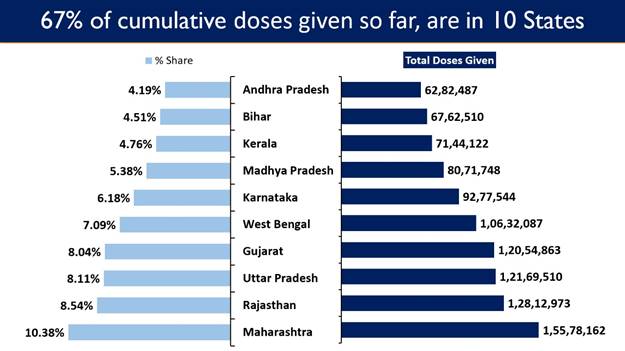A recent study uploaded to the medRxiv preprint server has sparked fresh interest in the potential role of coffee in delaying the onset of Parkinson’s disease (PD). Researchers employed Mendelian randomization (MR) and genetic correlation analyses using genome-wide association study (GWAS) data to examine whether coffee consumption has a causal effect on the age-at-onset (AAO) of PD.
Key Findings
The study analyzed data from a large European cohort (n = 27,693), incorporating genetic risk factors and polygenic risk scores (PRS) to ensure that observed effects were not driven by genetic predisposition. The researchers found no evidence linking coffee consumption to increased PD risk or disease progression. However, Mendelian randomization models suggested that increased coffee intake was causally linked to a delayed onset of PD. Sensitivity and heterogeneity tests reinforced the validity of this association.
Background on Parkinson’s Disease
Parkinson’s disease is a progressive neurological disorder affecting motor functions, often leading to tremors, stiffness, and balance difficulties. As of 2021, an estimated 11.77 million people worldwide were diagnosed with PD, and its prevalence continues to rise. Despite extensive research, there is currently no cure for the disease, making studies on potential protective factors like coffee consumption crucial.
Previous observational studies hinted at a potential protective role of coffee against PD. However, clinical trials have produced inconclusive results. The new study builds on existing knowledge by leveraging genetic analysis to explore causal relationships.
Study Methodology
Researchers obtained GWAS data from publicly available repositories, including the UK Biobank, and focused on identifying single nucleotide polymorphisms (SNPs) associated with coffee consumption. To strengthen their causal inference, they removed pleiotropic SNPs that could confound the findings. Statistical models such as inverse variance-weighted (IVW) analysis, weighted median, and MR-Egger tests confirmed the robustness of the results.
To rule out harmful effects, the researchers computed polygenic risk scores, adjusting for factors such as age and sex. They found no link between coffee intake and an increased risk of PD or acceleration of disease progression.
Implications and Limitations
While these findings support coffee as a potential protective factor against PD, the study has notable limitations. The dataset consisted solely of individuals of European ancestry, limiting the generalizability of the results to other populations. Additionally, while the study examined PD risk and AAO, it did not directly assess coffee’s safety for individuals already diagnosed with the disease.
Future research should expand to more diverse populations and explore possible interactions between coffee consumption and PD treatments. Given the potential benefits suggested by this study, coffee remains a promising avenue for further investigation.
Disclaimer
This article is based on a preprint study that has not yet undergone peer review. The findings should be interpreted with caution, and further research is necessary to confirm the results. Individuals concerned about Parkinson’s disease or coffee consumption should consult a medical professional before making any dietary changes.












